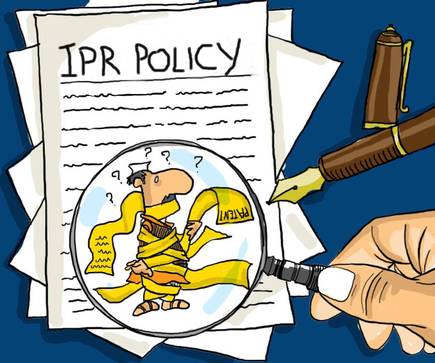India, US ink pact on intellectual property rights

Economic Times - 20 February 2020
India, US ink pact on intellectual property rights
India and the US have signed an agreement onintellectual property rights (IPR) ahead of US President Donald Trump’s visit. The Cabinet Wednesday approved an MoU with the US on the issue of IPRs, information and broadcasting minister Prakash Javadekar said.
Terming it a knowledge-sharing agreement, officials said the agreement will enrich the IPR systems between the two sides. The pact comes in the wake of India slipping to 40th position on the US Chamber’s International IP Index. The country continues to figure in the US’ Priority Watch List that identifies trade barriers to US companies due to IP laws of other countries.
“It is about active cooperation between India and the US to enrich the IPR systems between the two sides. We’ve done such MoUs with a few other countries also but looking at the importance of overall relationships between these two countries, this is important,” said a senior official.
The decision comes ahead of Trump’s maiden visit to India on February 24-25, and after the Department of Promotion of Industry and Internal Trade had a discussion on reviewing the country’s IPR laws.
According to another official, the MoU is a learning exercise and the agreement spans across the entire IPR regime including patents and copyrights and is not specific to any sector. “It doesn’t involve any implementation of laws. There would be training sessions and experts, and officials would travel to each other’s country to study the IPR systems,” said the official.
Though the MoU doesn’t imply a legal commitment, experts said India should be cautious as the US, through its Special 301report, has tried to push India to drop Section 3 (d) of the Indian Patents Act that denies patents on items that are not significantly different from their older versions. It is also opposed to compulsory licences issued for manufactured copies of patented drugs to address situations of national emergency, as permitted by the global trade rules.
Last year, the US said that India currently lacks an effective system for protecting against unfair commercial use, as well as unauthorised disclosure of undisclosed test or other data generated to obtain marketing approval for pharma and agri goods.





